
Radar | Mar 05,2022
Partially settling a seven-month-long dispute with contractors, the Ethiopian Electric Power (EEP) is planning to restart operations of Reppie Waste-to-Energy power plant in three months.
The controversial project was inaugurated last September after two years of delays. However, it could not continue generating electric power following disputes between EEP and two contractors, Cambridge Industries and its partner, China National Electric Engineering. The plant ceased operations a couple of days after its inauguration.
The project was inaugurated with a ceremony attended by former President Mulatu Teshome (PhD). Cambridge claims that the facility started operations ahead of the inauguration on June 24, 2018, and disposed of over 48 million kilograms of waste and supplied over 9.75 million kWh of electricity to the national grid.
EEP awarded the two companies the project in 2013 and construction of the 2.6-billion-Br project commenced in 2014. The plant is designed to generate electric power from solid waste collected from the capital. Incinerating 1,400tn of waste a day, the plant, located in Kolfe Qerannio and Nefas Silk Lafto districts, is meant to contribute 185GWh of electricity a year to the national grid.
The dispute among the parties started when the companies left the project following the inauguration of the plant, according to Moges Mekonnen, corporate communications director of EEP.
“The companies vacated the project site, assuming that they have already handed over the project to us,” said Moges.
EEP argues that the project handover was agreed to take place once the project became fully operational and after the plant operates for six consecutive months.
“It is clearly stated in the contractual agreement,” said Moges.
However, Cambridge Industries argues that the facility had a planned shutdown to complete handover discussions to an operation team from the Engineering, Procurement & Construction (EPC) team.
“The discussion to clarify the handover procedure sadly took over six months,” said Samuel Alemayehu, managing director of Cambridge Industries.
The dispute between EEP and the EPC team is resolved and the process has finally resumed, according to Samuel.
The Joint EPC teams from Cambridge and the Chinese firm will provide training, first-year spare-parts and full consumables as well as continued warranty as per the EPC contract, according to the negotiation agreement. The EEP has also made outstanding payments to contractors and has agreed to have an operation team.
On top of this, the two parties have been in dispute about the power generating capacity of the plant, with EEP claiming that the agreement stated that the plant would have a generating capacity of 50MW. Cambridge claims the contract is for a facility that disposes of 1,000tn of waste a day and generates 185GWh of electricity a year.
“The management of Cambridge argued that they shouldn’t be asked for the capacity, just of the output of the plant, i.e. 185GWh,” said Seleshi Bekele (PhD), minister of Water, Irrigation & Electricity, at the parliament last Thursday, March 21, 2019.
“The contractual agreement has a problem in the first place,” he said. “There are possibilities that will make people from EEP and Cambridge who signed the agreement legally liable.”
Samuel says that his company wants a swift legal resolution.
The 2.6 billion Br Reppie Waste-to-Energy power was inaugurated on June 24, 2018. The plant would have a capacity of generating 185GWh of electricity a year.
“We strongly welcome the legal mechanisms of international contracts that are implemented using independent experts from the International Chamber of Commerce (ICC),” said Samuel.
“The team has also started to collect and dry the waste,” Moges told Fortune. “So far, they have prepared waste to be used for 10 days.”
Even though the resumption of the facility is settled, the two parties are still at loggerheads regarding power generating capacity.
The issue will be handled by the governments of Ethiopia and China, according to Moges.
Management of Cambridge expressed its frustration with the way things have preceded on the project.
“We had offered to fully take over the plant in mid-2017 with our investment partners to operate it as a private facility,” said Samuel, “however, we didn’t get a favourable response.”
And yet, city officials still consider the plant as an option to manage solid waste from the capital, according to Teshome Tolcha (PhD), deputy manager of Addis Ababa City Solid Waste Management.
On average 9,654 cubic metres of waste is collected daily from the capital by 74 waste collecting associations, which possess a total of 164 waste collecting vehicles.
“We are planning to build an additional waste-to-energy plant, such as a bio-dryer, integrated compost, biogas and electricity facility,” said Teshome.
One expert, however, condemns the idea of planning to build an additional waste-to-energy plant.
“The country has already lost a huge amount of money with such misguided and inefficient investments based on obsolete technology that are being decommissioned and closed down in Europe and other developed countries,” said Desta Mebratu (Prof), a chemical engineer who holds a doctoral degree in Industrial Environmental Economics from Lund University.
What the city needs is a properly designed and managed waste disposal site based on Integrated Solid Waste Management principles, according to Desta.
“There are other sustainable options that are economically, socially and environmentally more efficient,” Desta said.
One of the benefits of having a properly designed and managed landfill is that it allows for the capture of methane gas, which can be used for different economic purposes, Desta concluded.
PUBLISHED ON
Mar 23,2019 [ VOL
19 , NO
986]

Radar | Mar 05,2022

Fortune News | Dec 01,2024
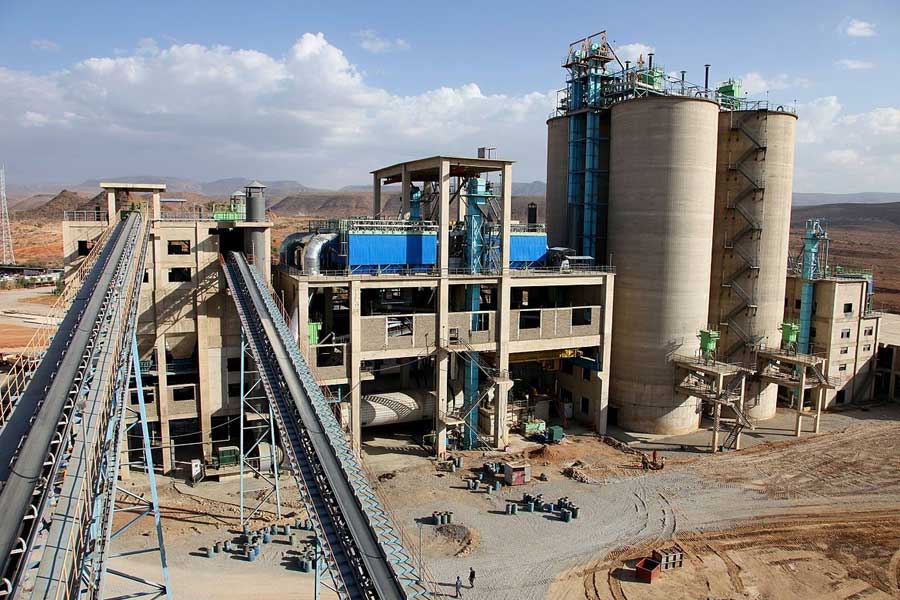
Fortune News | Feb 26,2022

Radar | Jun 05,2021

Viewpoints | Mar 09,2019
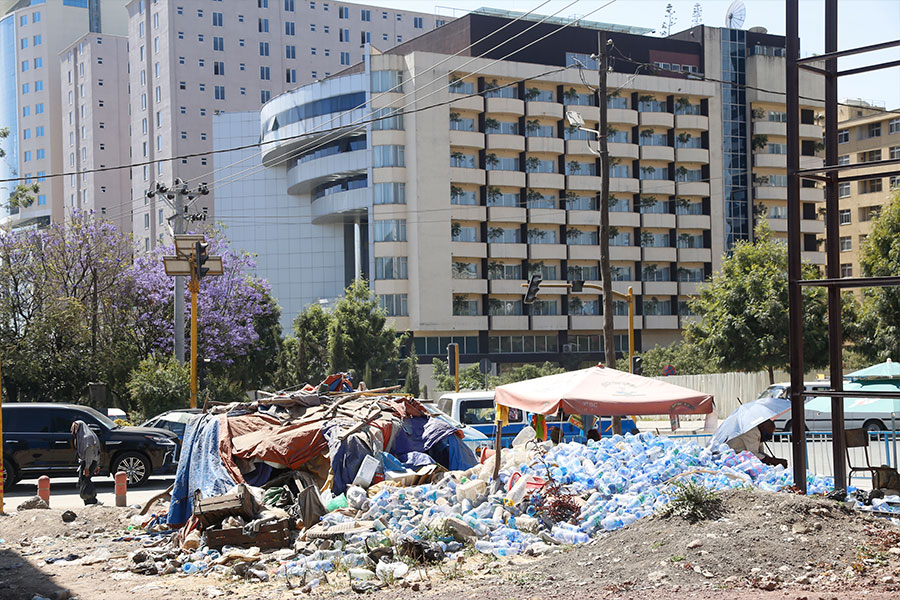
Radar | Dec 19,2020
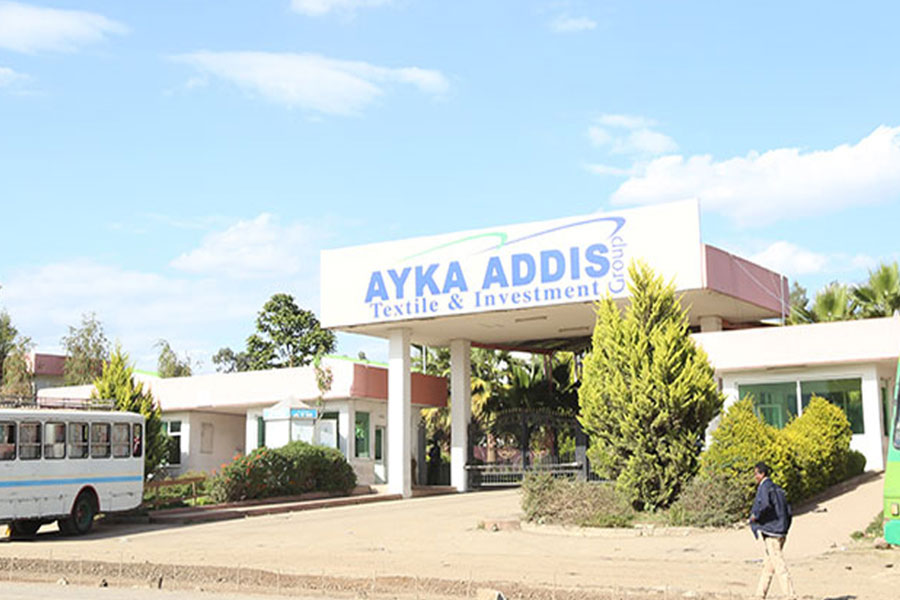
Fortune News | Sep 18,2021
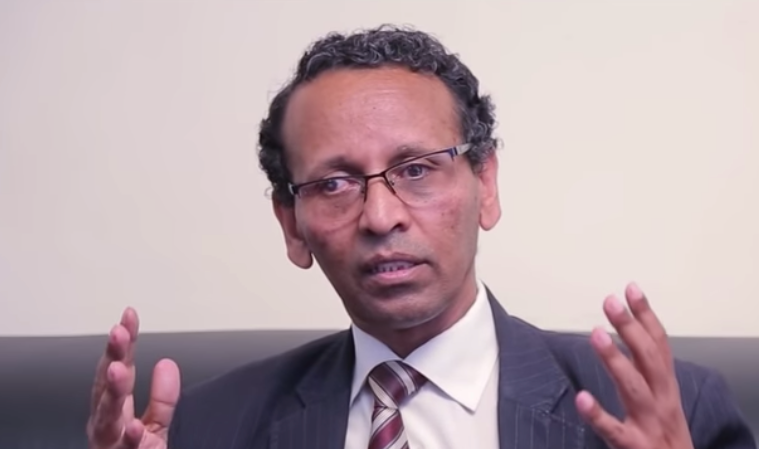
Fortune News | Jun 15,2019
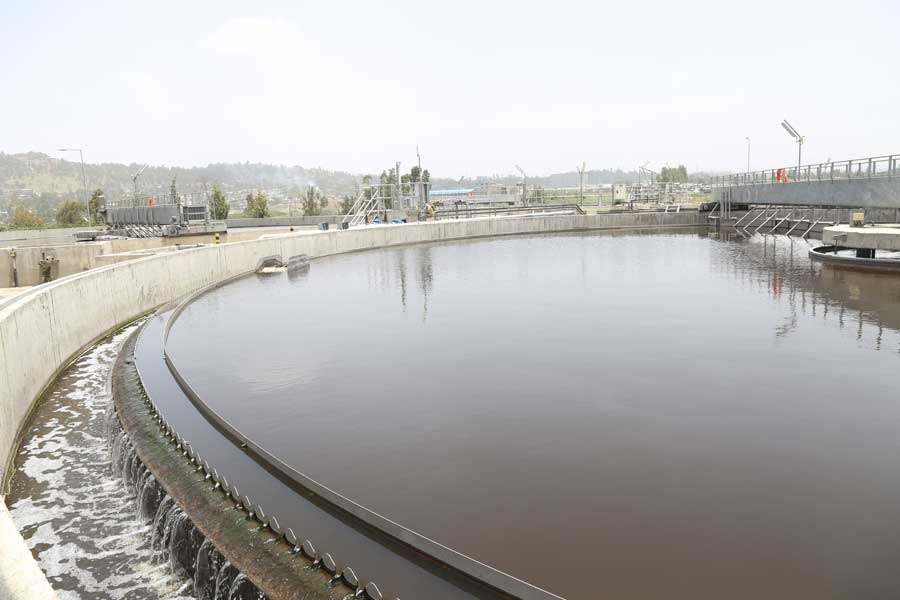
Fortune News | Dec 14,2019
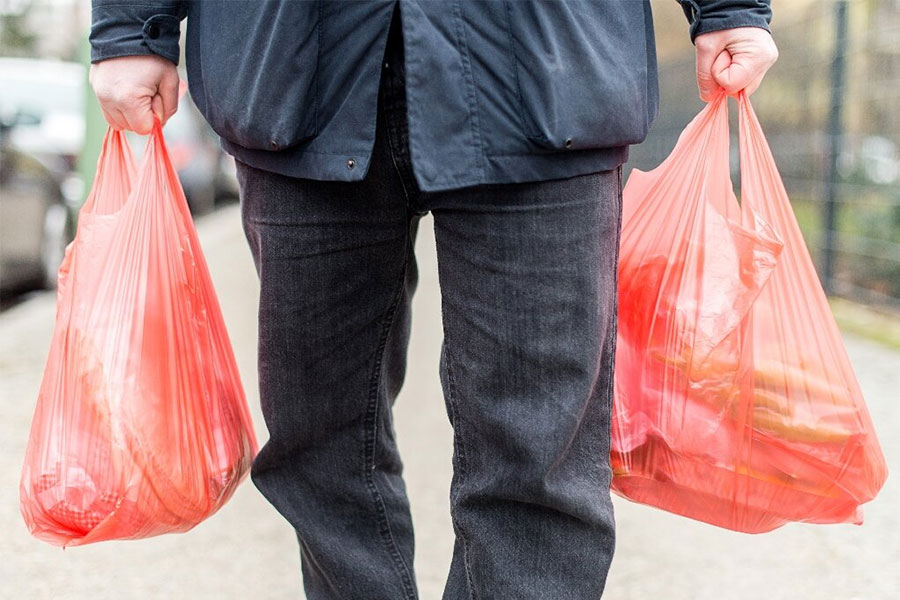
Radar | Jun 07,2025

Dec 22 , 2024 . By TIZITA SHEWAFERAW
Charged with transforming colossal state-owned enterprises into modern and competitiv...

Aug 18 , 2024 . By AKSAH ITALO
Although predictable Yonas Zerihun's job in the ride-hailing service is not immune to...

Jul 28 , 2024 . By TIZITA SHEWAFERAW
Unhabitual, perhaps too many, Samuel Gebreyohannes, 38, used to occasionally enjoy a couple of beers at breakfast. However, he recently swit...

Jul 13 , 2024 . By AKSAH ITALO
Investors who rely on tractors, trucks, and field vehicles for commuting, transporting commodities, and f...

Nov 1 , 2025
The National Bank of Ethiopia (NBE) issued a statement two weeks ago that appeared to...

Oct 25 , 2025
The regulatory machinery is on overdrive. In only two years, no fewer than 35 new pro...

Oct 18 , 2025
The political establishment, notably the ruling party and its top brass, has become p...

Oct 11 , 2025
Ladislas Farago, a roving Associated Press (AP) correspondent, arrived in Ethiopia in...